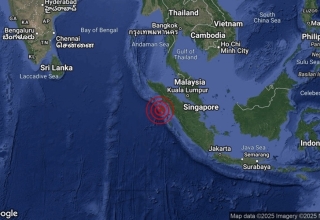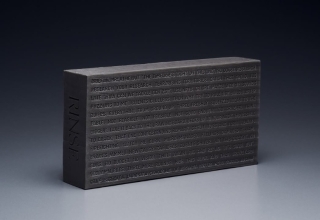
Amid the bustling tapestry of Malaysian cinema, a clandestine struggle for creative freedom has unfurled. Behind the scenes of the award-winning film “Tiger Stripes,” director Amanda Nell Eu is quietly waging a battle against the subtle censorship that has tampered with her art. This is a tale of hidden passion, an unwavering commitment to artistic integrity, and a veiled crusade to champion the voices of young girls in Malaysia.
Why is “Tiger Stripes” being Censored?
Eu’s “Tiger Stripes” had garnered accolades as the first Malaysian film in years to grace the renowned Cannes Film Festival, a journey into the heart of international cinema. Its triumph was sealed with the Grand Prize win in the Critics Week sidebar, affirming its significance in the cinematic world. Scheduled to open the Singapore International Film Festival and selected as Malaysia’s contender for the Oscars, “Tiger Stripes” was poised to become an iconic piece of Malaysian cinematic history.
However, as the film’s voyage returned to its homeland, it encountered an unforeseen undercurrent. The local release of “Tiger Stripes” was subjected to clandestine edits, a reality that left Eu disenchanted. In a move shrouded in secrecy, she bravely rejected this covert alteration, declaring that the version screened locally no longer bore the essence of her creation. It omitted pivotal scenes that once radiated the simple joys of being a young girl in Malaysia, someone who might be perceived as different, misunderstood, yet resolutely driven to express her authentic self.
Keep Reading
How did the Director react?
Eu’s statement reverberates deeply within the artistic realm, echoing the silent yet pervasive struggles faced by creators who yearn to transmit profound messages. Her plea for open dialogue and unrestrained artistic expression in the face of veiled censorship strikes a chord with kindred artists who confront analogous challenges, both emotional and financial, in their mission to safeguard artistic freedom.
While the domestic unveiling of “Tiger Stripes” may be obscured by clandestine forces, its international acclaim radiates as a symbol of hope. It serves as an emblem of the universal recognition of narratives that boldly question societal norms and illuminate the unspoken challenges faced by young girls in Malaysia. It is a testament to the enduring influence of art, a means to spark conversations, embrace diverse voices, and nurture collective comprehension.
In the face of adversity, Amanda Nell Eu remains unwavering in her determination to present “Tiger Stripes” to her compatriots in its unadulterated, director’s cut form. Her odyssey epitomizes the indomitable spirit of artists who, despite constraints and subterfuge, persist in their pursuit of the craft and advocate for the freedom to convey their unvarnished truths. It is a testament to the resilience of the human spirit and the ability of art to clandestinely kindle discourse, unite voices, and pave the way toward a deeper understanding, hidden beneath the surface.




























